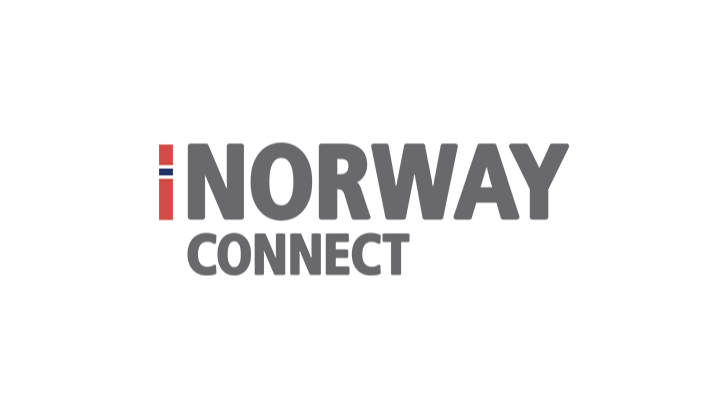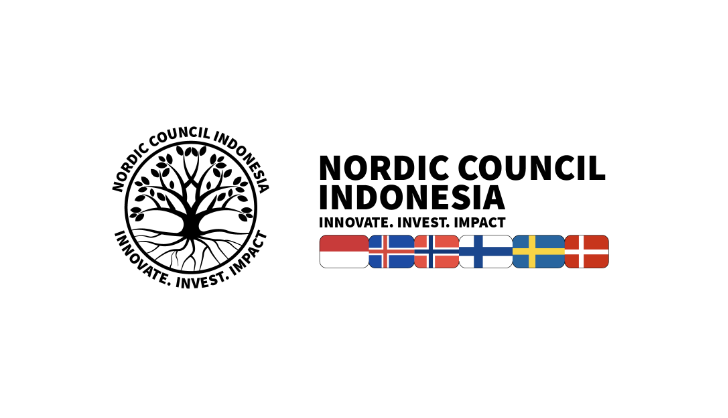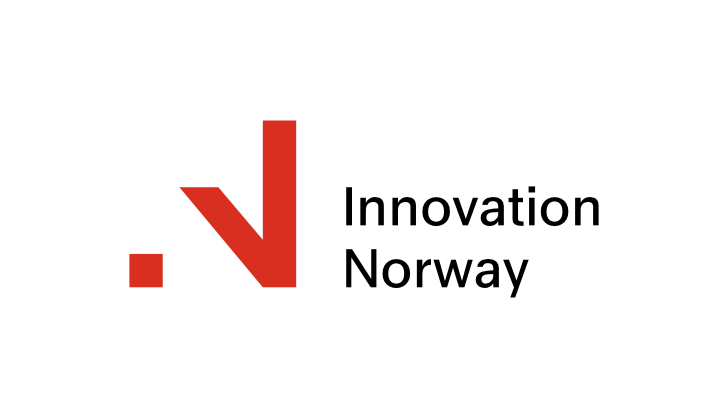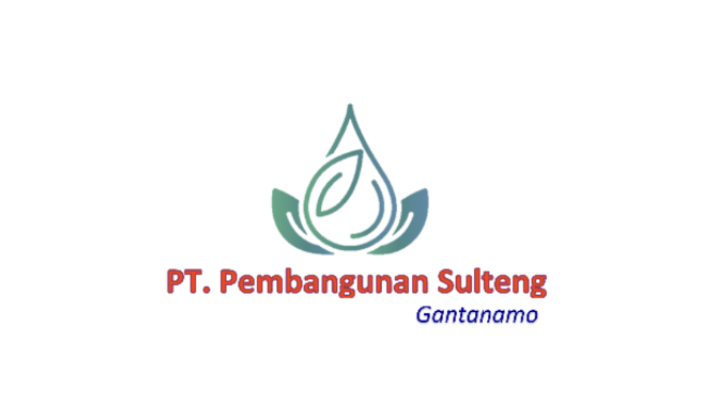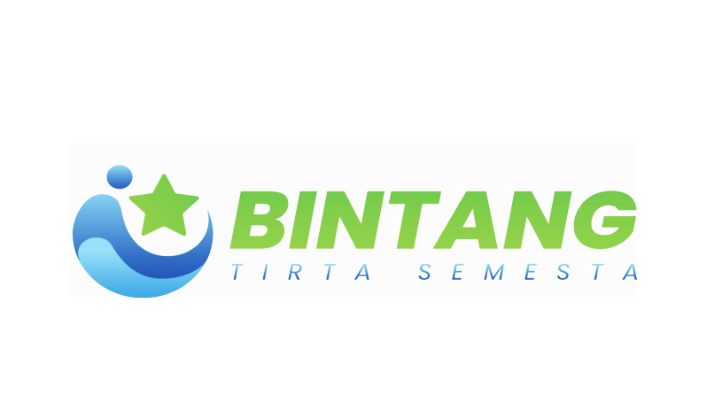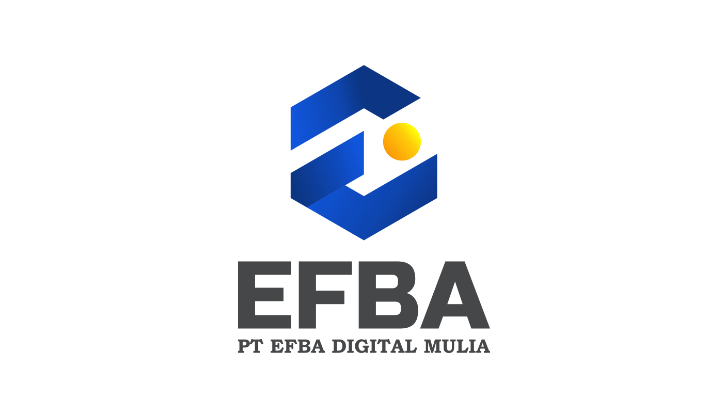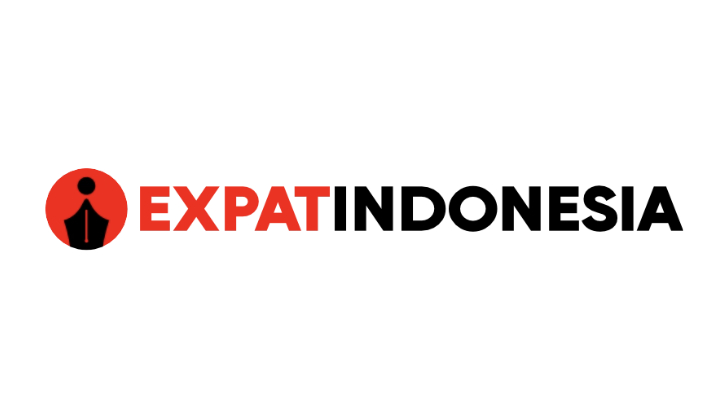
In a recent meeting at the Bank Indonesia (BI) Provincial Representative Office in Bali, key stakeholders in Bali’s tourism industry got together to discuss ‘Quality and Sustainability: A New Paradigm of Bali Cultural Tourism’.
According to Bali Post, the development and sustainability of Bali’s culture was a key factor in discussions around ways to improve the standards of quality and sustainability in Bali’s tourism industry.
Nangun Sat Kerthi Loka Bali
This was explained through a vision of something called ‘Nangun Sat Kerthi Loka Bali’.
This concept aims to tap into the values and wisdom of the Balinese by maintaining a balance between nature, social groups and local culture. The hope is to be able to meet the needs, hopes and aspirations of the Balinese in a variety of aspects of life while at the same time being sufficiently prepared to deal with national and global challenges.
Dr. Panudiana Kuhn, one of the initiators of the event and a speaker focused on ‘quality tourism’ say Bali Post, suggested this meant accommodating quality tourists to improve destinations. “Measuring that quality is knowing how far they contribute to the local community,” he said. “Quality tourism must be made into an ideology, that is, protection of resources, and the community must also benefit.”
What does quality mean?
But what does quality, or the perception of quality, actually mean?
David A. Garvin from Harvard University wrote an interesting article for Sloan Management Review a few years ago around the concept of quality.
While the article is very academic and not specifically around tourism and hospitality, his well researched and informative piece presents some very logical and important approaches to defining quality, which I think, can easily be adapted to Bali’s tourism industry. Stakeholders might want to take note.
Garvin suggests there are five basic approaches to determine quality:
- Transcendent
- Product based
- User based
- Business based
- Value based
The transcendent approach
This suggests that quality is indefinable, like beauty.
We recognize it from experience and there is universal recognition of innate excellence, uncompromising standards and high achievement.
Many of Bali’s award winning 5-Star hotels for example, would fall in to this category.
The product based approach
This is different. This approach suggests quality is an inherent characteristic of something.
It is both precise and measurable and is linked to specific attributes, which most people will pay more for because they associate those characteristics with higher prices.
Again, some of Bali’s hotels and resorts would fall into this space as would paying a premium for organic food and Eco-conscious accommodation.
The user based approach
This approach is very subjective and comes from the idea that ‘quality lies in the eyes of the beholder’.
Everyone is different and has different needs. Things that satisfy these needs are therefore considered to be quality. It’s a difficult marketing conundrum, but the assumption is high-quality products are those that satisfy the needs of most of the customers, but this also means something that’s preferable isn’t necessarily better.
The business based approach
This is not subjective and it’s not based around market/ consumer wants and needs.
In this approach, quality means “conformance to requirements” from a business perspective. Excellence means meeting specifications. In this model, quality means fewer deviations from the specifications and therefore costs are reduced.
In many respects, this fits closest to the vision of ‘Nangun Sat Kerthi Loka Bali.’
The value based approach
This takes the business based approach to an extreme because with this idea, quality is only about costs and prices.
Here performance at an acceptable cost is the way to go. The problem with this is quality as a measure of excellence is equated with cost as a measure of worth. It leads to something called “affordable excellence.”
Some of the all-in-one warehouse shops selling souvenirs on Sunset might well fall into this category.
Fundamental differences
Marketing and branding people tend to follow user-based approaches. This is where customers determine what is quality and what’s not. In this way of thinking, higher quality generally means being better and that means more expensive.
That’s why we see high-end advertising for high-cost experiences and services.
Business folk, on the other hand believe quality is all about meeting certain specifications because if they meet these, costs will be lower. The end product might not be what people want and it may not be expensive, but because it meets the company’s specifications/ requirements it makes more money.
Many ways to get there
The upshot of this is that there are many ways to define quality and we need to be aware of them.
Garvin suggests one way to do this would be to use more than one approach and to find balance, maybe by conducting market research (which is the user based approach) and use the results to identify specific attributes (which is the product based approach.)
The business approach would then take both of these aspects to ensure the final product matches both sets of requirements as best it can.
Garvin argues there are many dimensions that go to defining the basic elements of quality including performance, features, reliability, aesthetics, service and perception.
Some of these can be measured, others can’t as they are based on individual preference. Some are ‘objective and timeless’ while others change with fashions and trends.
Because there are so many ways to define quality it’s all but impossible to cover them all and segmentation is inevitable.
What’s the focus?
When Bali’s tourism industry proclaims it wants to focus on quality rather than quantity it has to actually mean something. It could, for example, focus on performance and features, or it could focus on aesthetics and the perception of its target markets or it could focus on service and standards. Maybe it wants to focus on everything.
Whatever path it takes, the industry needs to be clear about what it’s doing, who it’s doing it for, how it’s going to do it and why it’s doing it in the first place.
And hopefully the answer won’t be just to make more money because that is short-term and it just won’t work! Read some Simon Sinek to understand that. That’s not to say you shouldn’t want to make more money – every business does. But making money is a result, it’s not why you do it.
Garvin references Peter Reisz as saying that if perceptions and consumer decisions are correlated to price (that means it’s high quality and therefore expensive … and because it’s expensive it must be high quality) there is a danger of setting inflated prices to suggest quality is higher.
Spoiler alert folks – this is simply not sustainable.
Brand Bali has to deliver
In my opinion, two things have to be taken very seriously in discussions around tourism in Bali:
- Bali’s brand and marketing has to be re-thought and upgraded to better reflect this idea of quality tourism. This doesn’t mean just changing the logo and having a new slogan. Research needs to be done, strategies have to be developed and awareness must be created.
- When the brand and advertising campaigns successfully attract a particular market segment, the perceptions and experiences of why people decided to come here must have value and have to be realized. It is critical that customer satisfaction be understood and changes made to better suit the ultimate goals.
If these aspects are ignored, then in my humble opinion, there’s a real danger of inflated prices for poor quality products and services. Unfortunately, that could be a the start of a slippery slope down a dead-end street to disappointment for Bali’s tourism industry.
But if it’s done right, and this paradigm shift is understood, it could be a very positive direction for the industry to take, especially as global travel trends are all pointing in the direction of meaningful, Eco-conscious experiences. And in this regard, Bali has everything to offer and much to gain.
Sources: Bali Post, Gapura Bali, Antara News, Sloan Management Review, Journal of Consumer Affairs
#bali #tourism #paradigmshift #quality #baliculture




